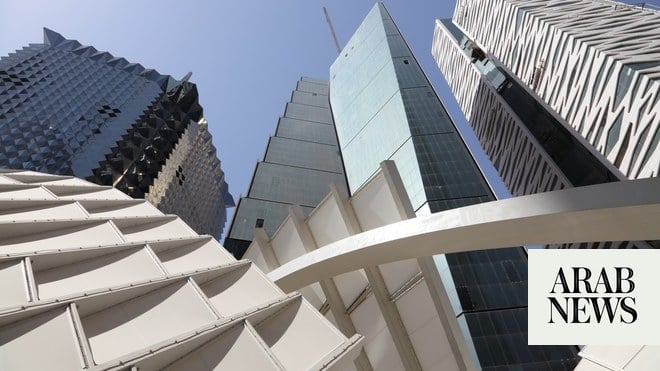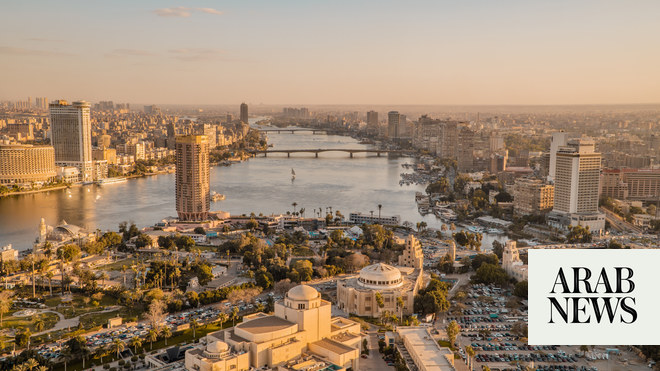
With the second Future Investment Initiative conference in Riyadh this week, the Kingdom is looking forward to developing its investment climate in general and focusing particularly on harnessing technology to exploit economic opportunities.
Previously I have explained how the foreign investment system in Saudi Arabia shows the readiness of the Kingdom to embrace successful and unique businesses that contribute to achieving its ambitious vision. Today we will discuss the important legal and procedural matters that could actually improve this investment climate, and raise its level in line with the ambition of the Kingdom.
The Saudi Arabian General Investment Authority does great work through its diversified services and reliable guides to procedure. However, with the increasing flow of investment capital into the Kingdom from abroad, there is also a clear need for specific, practical and simple mechanisms to accompany these investments.
Procedural complexities are among the biggest concerns of foreign investors, including, of course, sponsorship procedures and the time taken for customs clearance and transport. Moreover, the frequent introduction of new standards for licenses, and their duration, makes it difficult for many investors to comply with them. The solution lies in greater communication between government agencies to accomplish these transactions more quickly and with less complexity.
As for investment law, in some cases there is some blurring in its implementation that contradicts the above criteria. In return for benefits granted to foreign investors, further financial guarantees should be required from them, especially in light of continuing court battles between investors and their partners.
In addition, one of the Kingdom’s objectives in attracting foreign investments is to empower the national workforce and provide it with the necessary professional qualifications and expertise, with foreign investment establishments required to have a Saudization rate of at least 75 percent. The important question is whether this Saudization is based on a continuous and reliable assessment, or is just a formality.
There is also, unfortunately, a significant lack of data and information on the Saudi market, and the rates and opportunities for investment. I strongly believe such information is an important tool; it ensures that investors who intend to enter the Saudi market know the precise nature of the opportunity, what is expected from them, and how suitable they are for the investment climate in the Kingdom.
The creation of a separate and independent foreign investment entity would stimulate these activities, especially if we linked it to parallel business centers that would process licenses from the first step until completion. However, both local and foreign investors have an important responsibility to learn both their legal rights and their duties, so as to avoid infringements, rather than simply blaming the procedures and criticizing the regulations.
Over the past decades, the investment systems in the Kingdom have undergone complex changes; the first foreign investment system, for example, was closed and inflexible. With the Kingdom’s vision and belief in development and reform, the procedures have changed and developed to encourage a more open and attractive economy, and there will be more changes soon.
I neither criticize nor defend foreign investment — but I want to ensure that it achieves the desired results in a clear way, attracts truly unique enterprises and expertise, and achieves the desired benefits for the national economy and the youth of the country.
Dimah Talal Alsharif is a Saudi legal consultant, head of the health law department at the law firm of Majed Garoub and a member of the International Association of Lawyers. Twitter: @dimah_alsharif
Disclaimer: Views expressed by writers in this section are their own and do not necessarily reflect Arab News" point-of-view












